Empirical Bayes Estimation of a Sparse Vector of Gene Expression Changes
Stephen Erickson, Chiara Sabatti
Gene microarray technology is often used to compare the expression of thousand of genes in two different cell lines. Typically, one does not expect measurable changes in transcription amounts for a large number of genes; furthermore, the noise level of array experiments is rather high in relation to the available number of replicates. For the purpose of statistical analysis, inference on the “population” difference in expression for genes across the two cell lines is often cast in the framework of hypothesis testing, with the null hypothesis being no change in expression. Given that thousands of genes are investigated at the same time, this requires some multiple comparison correction procedure to be in place. We argue that hypothesis testing, with its emphasis on type I error and family analogues, may not address the exploratory nature of most microarray experiments. We instead propose viewing the problem as one of estimation of a vector known to have a large number of zero components. In a Bayesian framework, we describe the prior knowledge on expression changes using mixture priors that incorporate a mass at zero and we choose a loss function that favors the selection of sparse solutions. We consider two different models applicable to the microarray problem, depending on the nature of replicates available, and show how to explore the posterior distributions of the parameters using MCMC. Simulations show an interesting connection between this Bayesian estimation framework and both false discovery rate (FDR) control, and misclassification minimizing procedures. Finally, two empirical examples illustrate the practical advantages of this Bayesian estimation paradigm.
2005-09-01

